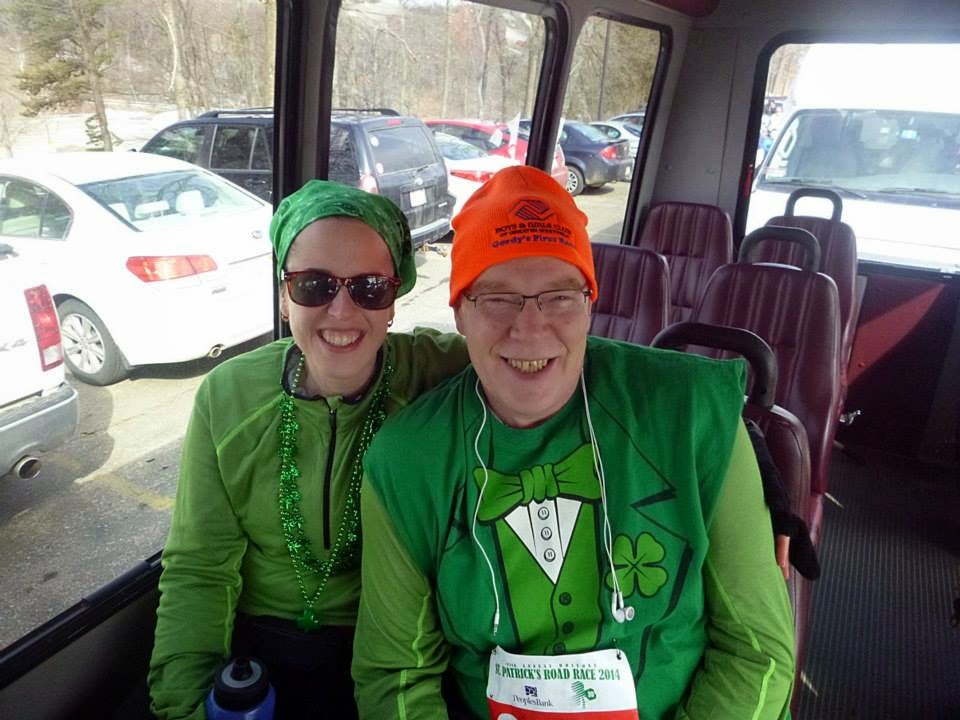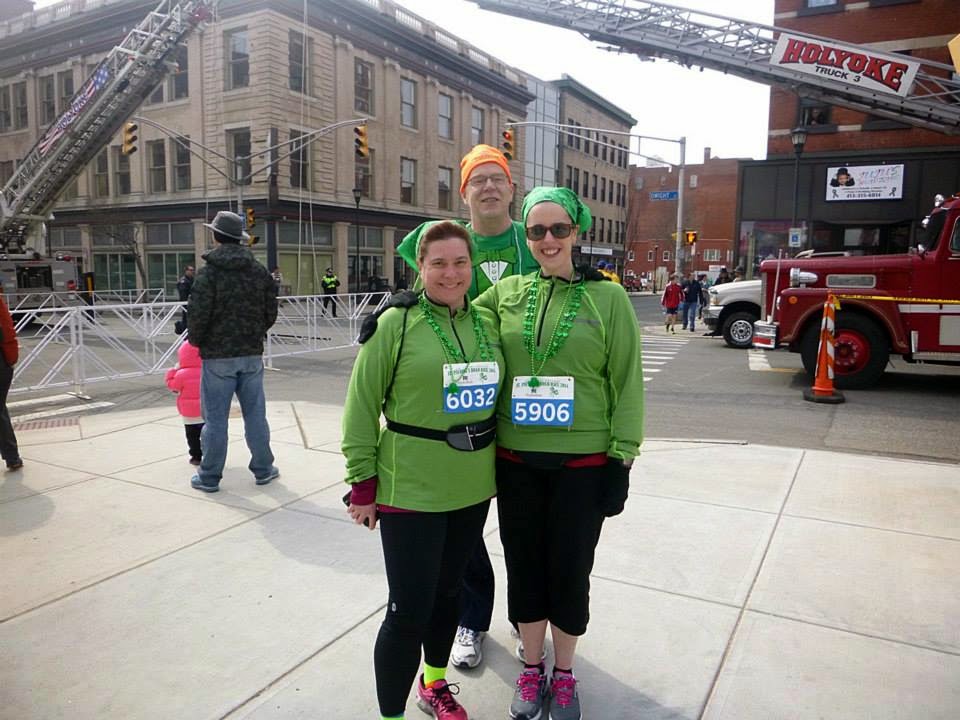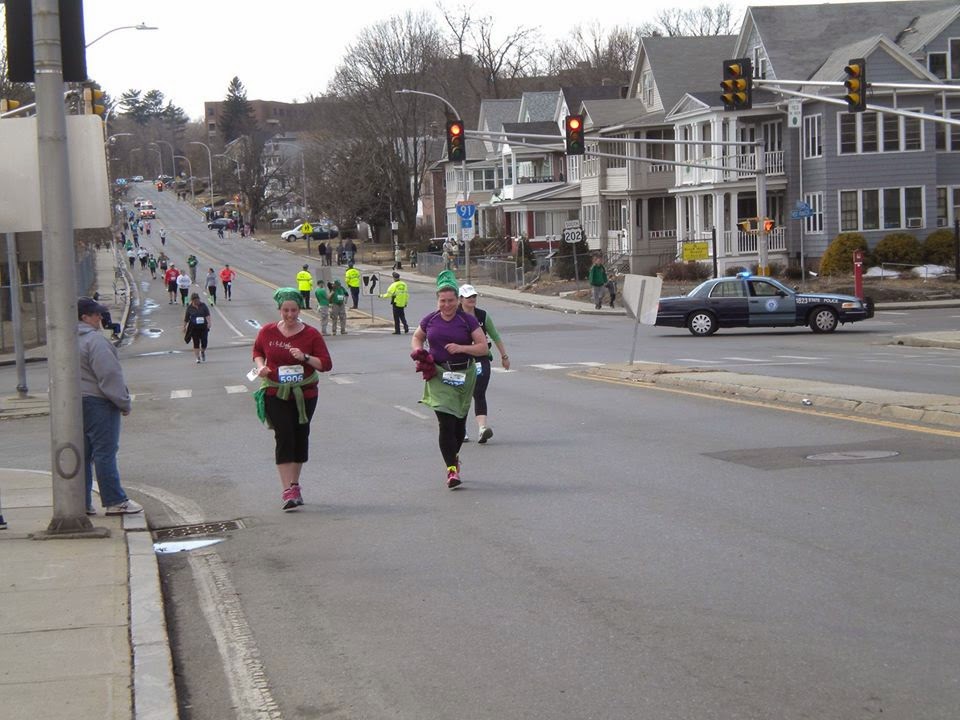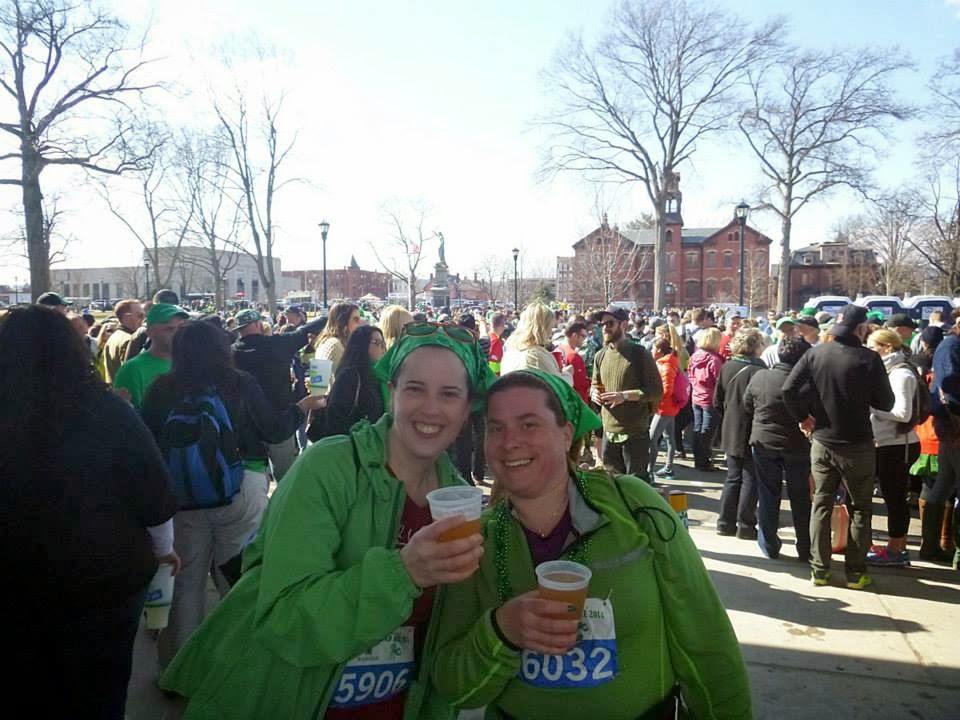Yesterday, my husband and I attended the Greater Boston SSF Support Group at Tufts. The February meeting is always unique every year because it is the one meeting a year in which we have round table discussions, instead of a guest speaker lecture. What happens is that different topics that people are interested in are submitted to the moderator. There are three separate sessions during the two hour meeting and in each session there is anywhere from six-nine different table topics. Each support group member goes to the table that has a topic they are interested in discussing with other members. It is a great way to learn and discuss topics that are of interest and are unique to each group member.
This year I facilitated two of the three sessions. One was on the topic on using low-dose naltrexone as a treatment for Sjögren’s and the other was on the use of alternative medicine in Sjögren’s. My husband and I also attended a session on complications from Sjögren’s and he attended a session on his own about being a caregiver of someone with Sjögren’s.
Both my husband and I recognized the many faces of those who have attended the group before, but it was very noticeable to both of us that there were a lot of new faces as well. As we spoke with people, we realized that that there were quite a few people who were newly diagnosed and I particularly noticed that there were more younger people than usual. Younger being defined as younger than being in their 30’s.
The ride to the support group takes at least an hour and a half on a good day and the day of this meeting, I was definitely not feeling my best. I was in more pain than usual, more tired than usual, and basically just sick of Sjögren’s; and the ridiculous winter weather we have been having as of late in Massachusetts. But I knew people were counting on me to facilitate these group discussions and I also had help getting there, so off we went.
As someone who has written a book on Sjögren’s, writes a blog, has had the illness for quite a few years now, and does a lot of research, I often get approached a lot during these support group meetings by people asking for advice or asking questions. I will be honest, I love this because for me, it makes all the hell I have been through have meaning because I can then use my experience to help others. It can be a little overwhelming though on days when I am not feeling well. Not because I don’t want to help or anything like that, but because it is harder for me to focus and pay attention. I’m sure many of you can relate to how that feels.
The low-dose naltrexone session I facilitated went well, but the alternative medicine session was incredible. I originally had estimated, according to the sign up sheet, that about six-seven people would be attending that session. The session ended up consisting of twenty-three people. After handing out information on a variety of alternative treatments, I had each group member talk briefly about their experiences, if any, with alternative medicine.. It actually surprised me how many people were using different alternative medicine treatments. Some of the most common treatments used were diet (specifically gluten-free and dairy-free), oil pulling (this surprised me, I thought I was the only one who did it), acupuncture, and turmeric. There was some really good discussion and sharing of ideas; an ideal outcome for a session like this.
Because I interacted with so many different people during this particular support group, I heard more personal experiences than I usually do during a meeting. As I have been thinking about the meeting since yesterday, there has been a common theme that keeps emerging in my mind. And that is how much we, as Sjögren’s patients, go through on a day to day basis. And the amount of courage it takes to live with this crap day after day, week in and week out. I’m not just talking about the path to diagnosis, which as we know, is usually a nightmare in itself. But rather, the amount of care we need to provide ourselves in order to manage our symptoms each and every day.
For me personally, a lot goes into existing in this illness stricken body day after day and I think that I often take that fact for granted, mostly because I feel like I cannot always dwell on how difficult it is or I will spiral into a massive depression. I also think that a lot of what I do to manage my illness becomes routine at times and I also take that for granted because well, its my life and its what I have to do. Just the steps that I have to take every day to prevent complications as a result of the dry eyes and dry mouth is time-consuming. Seriously, think about what the average non-Sjögren’s person does to care for their eyes and mouth every day. Most people I know brush their teeth twice a day and maybe floss once or twice a day. See a dentist every six-twelve months or so. Some non-Sjögren’s people have to put in and remove contact lenses every day or keep track of their eyeglasses.
For those of us with Sjögren’s, it is so much different: meticulous oral care such as frequent brushing, flossing, oil pulling, saliva substitutes as often as every hour, more frequent dental visits, special oral rinses, managing dry lips, dealing with swallowing issues from the lack of saliva, increased cavities, eye drops every thirsty minutes to an hour, warm eye compresses several times a day, waking up during the night from the discomfort of dry eyes and dry mouth, using and caring for a humidifier, trying to avoid dry environments, the list goes on and on.
And that is just our eyes and mouth. As we know, for most of us, that is just the tip of the iceberg. It doesn’t include the management of pain, fatigue, and other organ complications with our lungs, heart, nervous system, digestive system, kidneys, bladder, etc. etc.
When I did a rough estimate of the amount of time per day I spend on managing this illness (including but not limited to: medications, treatments, physical therapy, diet management, phone calls, medical appointments, etc.), I realized that the average amount of time I currently spend managing my Sjögren’s is three hours A DAY! And that is when things are relatively stable.
As I think about that and about all these patients yesterday, one word comes to my mind and that is:
COURAGE.
Guys, this illness business is not easy. One of the definitions of courage is: strength in the face of pain and grief. This courage we exhibit is something I needed to be reminded of recently, by people who understand what it takes to live with this illness. It takes an incredible amount of courage to wake up every single morning and know what we have to face…
The special care our bodies need.
The pain.
The stress of modifying our day to meet our physical, emotional, and spiritual needs.
The grief over what we have lost.
Finding treatments to manage an incurable illness.
Dealing with a medical system that at its best, is broken.
Facing the possibilities of long-term complications and even death.
People who don’t know better or don’t understand this invisible illness, they may say you are lazy, or weak, or making it all up. But friends, I know better. YOU know better. You are warriors. Each and every one of you. Despite the odds being stacked against you, you rally on. You go to work, or you educate others from the confines of your home. You tell your story. You care for your children and your parents. You volunteer to help those less fortunate. You rescue abandoned animals.
I have heard your stories.
You all exemplify courage.
Don’t let anyone ever convince you otherwise.
Own your strength.








